Happiness Calculator GPT - Emotional State Analysis
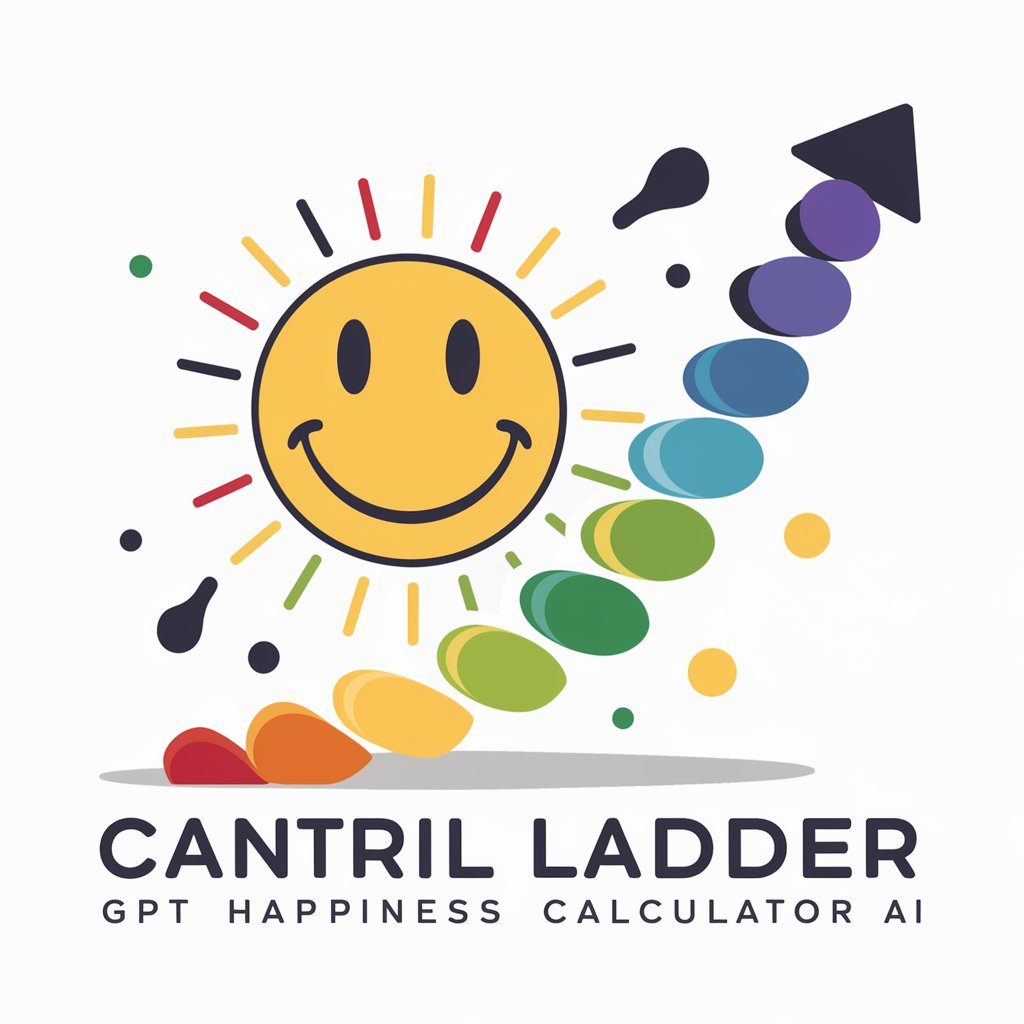
Welcome! Let's measure your happiness and find ways to boost it.
AI-powered Emotional Insight
Describe your current state of happiness and why you feel that way.
Share a recent positive experience and how it impacted your overall well-being.
What are some daily practices that help you maintain a positive outlook?
Reflect on a challenging time and how you managed to overcome it.
Get Embed Code
Overview of Happiness Calculator GPT
Happiness Calculator GPT is designed to analyze textual content and assign a Cantril Ladder score to reflect the perceived happiness or emotional state expressed in the text. This tool is rooted in the methodology used by various happiness researches, where emotions and sentiments are quantified on a scale from 1 (Hopeless) to 10 (Prospering). For example, when processing a diary entry or social media post, the GPT evaluates the language and themes to determine a numerical score, reflecting the author's emotional state. This unique feature assists in understanding and managing emotional well-being. Powered by ChatGPT-4o。

Core Functions of Happiness Calculator GPT
Emotional Analysis
Example
Analyzing a personal blog post to gauge the writer's current emotional state.
Scenario
A user submits a reflective piece about their day. The tool assesses the mood and sentiment of the text, using keywords and phrases related to emotions, and assigns a score of 4 (Struggling). It then provides insights and recommendations to enhance the writer’s emotional outlook.
Trend Identification
Example
Identifying changes in mood over time through consistent text submissions.
Scenario
A regular user posts weekly journal entries. The GPT identifies shifts in emotional scores over several weeks, noting an improvement from 3 (Suffering) to 7 (Doing well). This helps track progress in emotional well-being or the impact of life changes.
Supportive Feedback
Example
Providing motivational feedback based on the emotional analysis.
Scenario
After scoring a journal entry as 6 (Just OK), the tool suggests practical steps or positive affirmations to help the user move towards a more positive state, potentially increasing future scores towards 8 (Blooming) or higher.
Who Benefits Most from Happiness Calculator GPT?
Individuals Seeking Emotional Awareness
People interested in tracking and understanding their emotional health find this tool particularly useful. It helps them recognize their emotional patterns and triggers, facilitating personal growth and emotional management.
Therapists and Counselors
Professionals in mental health can use this GPT as a supplementary tool to monitor the emotional states of their clients. It provides a quantitative measure of clients' sentiments over time, aiding in therapy and treatment planning.
Researchers in Psychology and Behavioral Studies
Academics and researchers can utilize the tool to analyze large volumes of textual data to study emotional trends and correlates in different populations. This can enhance studies on well-being and the effectiveness of various therapeutic interventions.

How to Use Happiness Calculator GPT
1
Visit yeschat.ai to start using the Happiness Calculator GPT for free without any need to log in or subscribe to ChatGPT Plus.
2
Input a segment of text you wish to analyze. The text can be from a diary entry, social media post, or any personal reflection.
3
Submit the text to the Happiness Calculator GPT. The tool will process the input to evaluate the underlying emotions and sentiments.
4
Review the Cantril Ladder score provided by the tool. This score ranges from 1 (Hopeless) to 10 (Prospering), reflecting the emotional state conveyed in the text.
5
Use the score and accompanying motivation to reflect or make informed decisions to enhance well-being or address emotional challenges.
Try other advanced and practical GPTs
SheikhGPT
AI-powered Islamic insights

TerraGenie
Empower your game design with AI
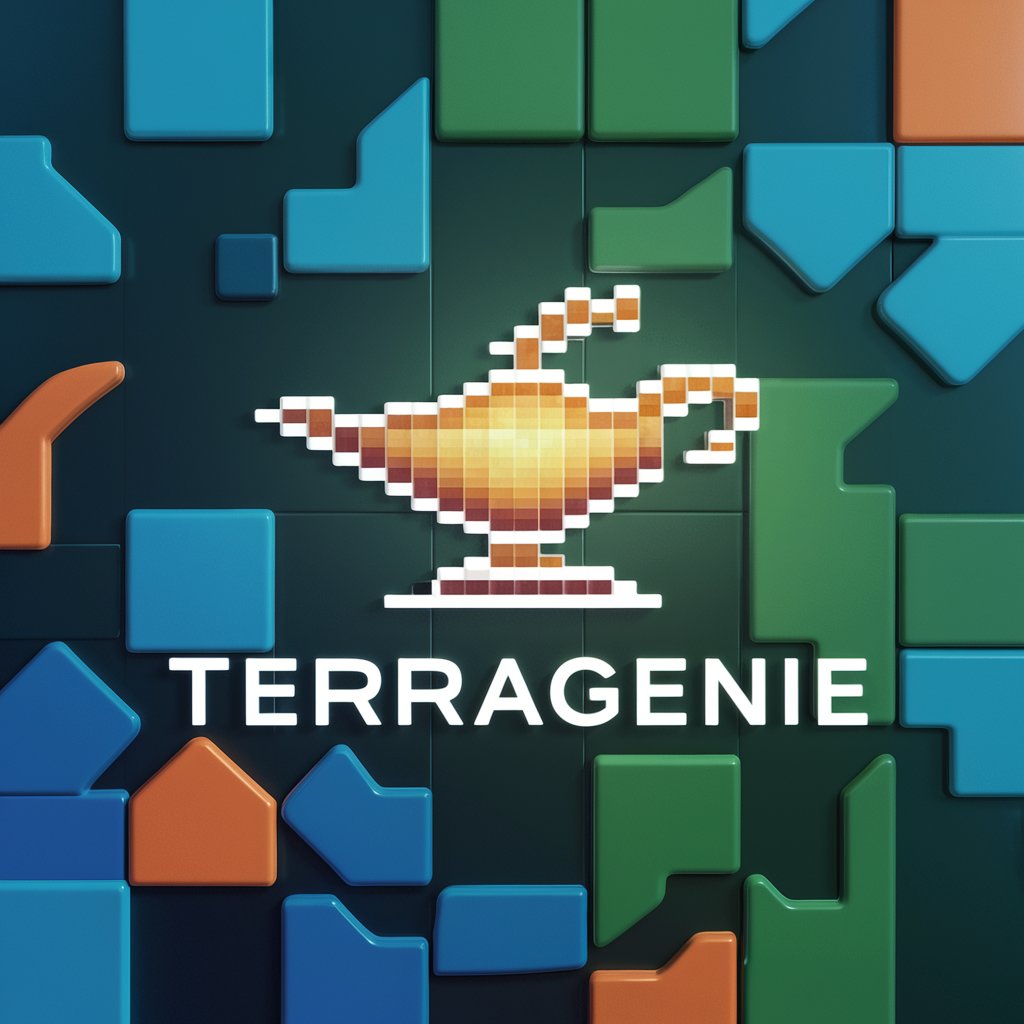
Logo GPT
Craft Your Brand's Identity with AI

jQuery
Streamlining Web Interactions

POSTGRES GPT
Optimize PostgreSQL with AI
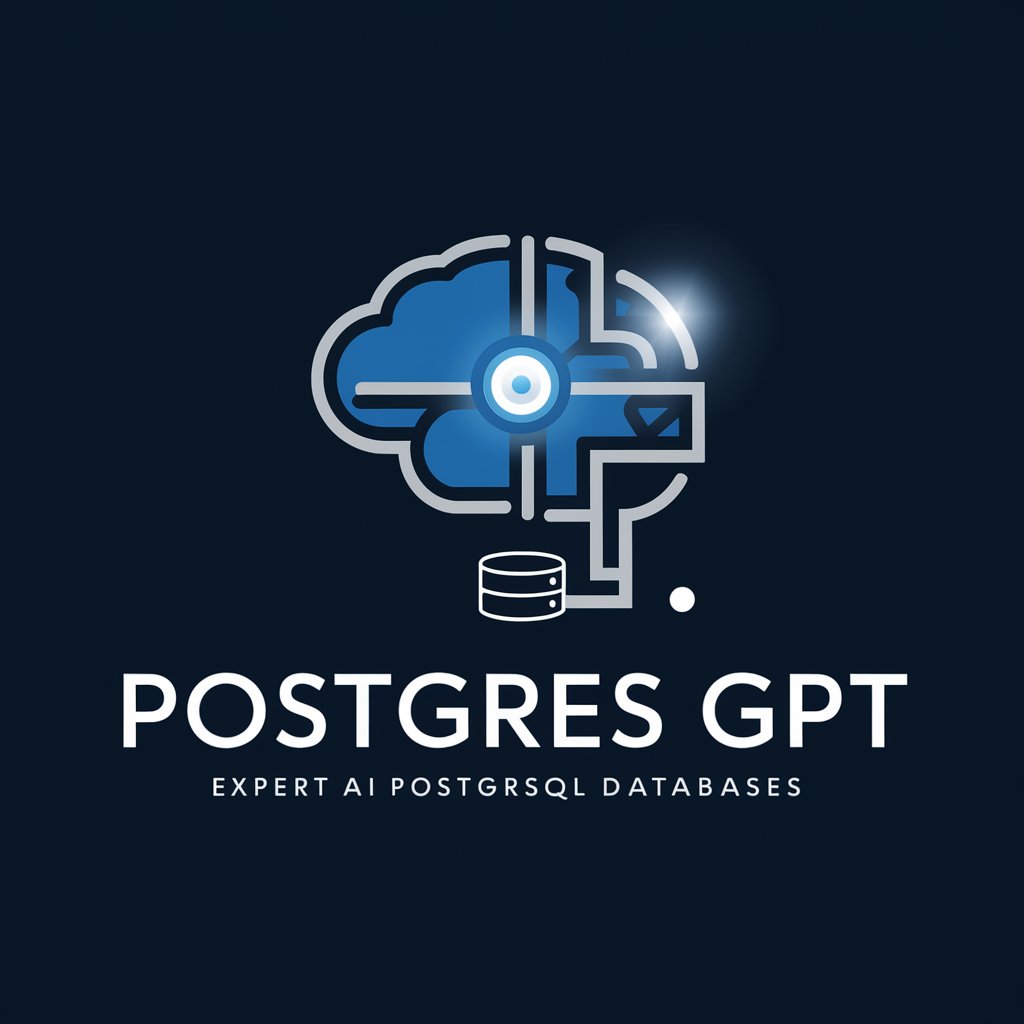
College Algebra 2e
Master algebra with AI-powered guidance
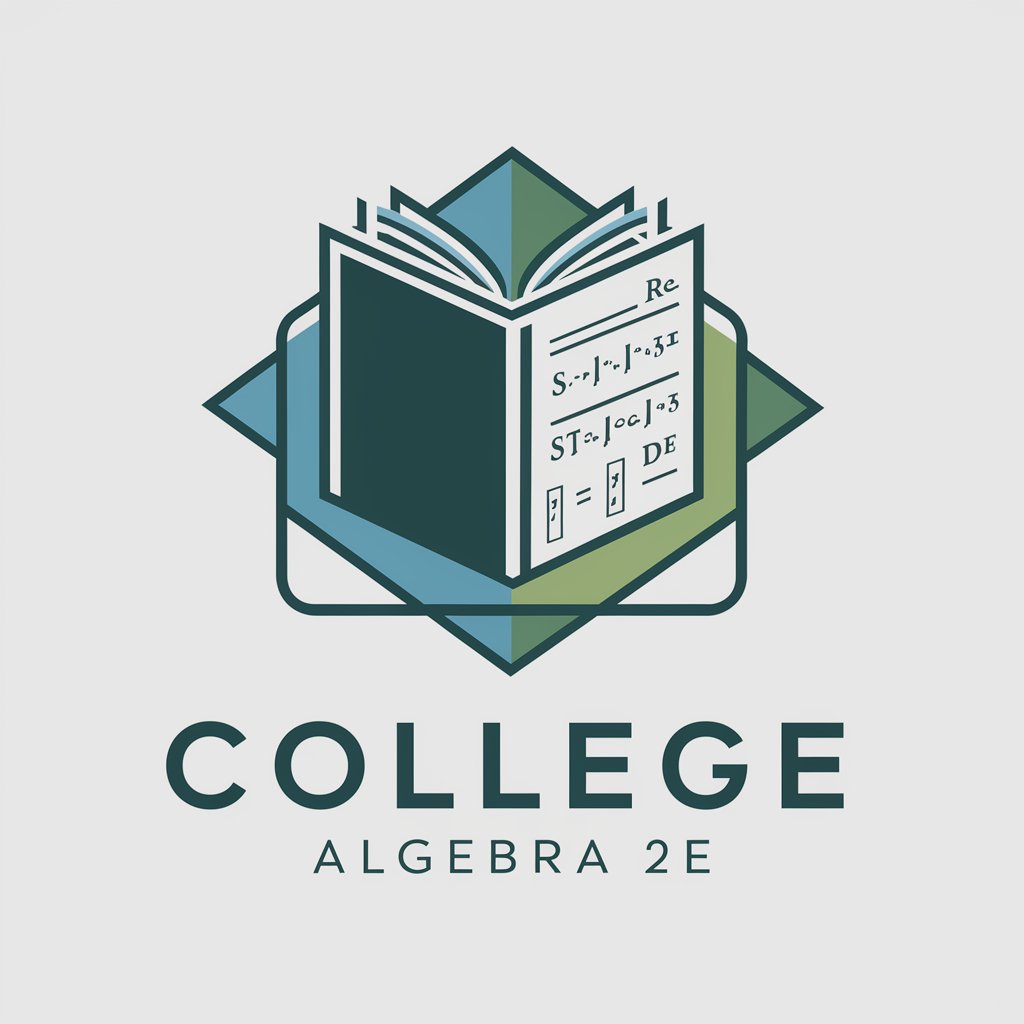
AA 05
Empowering Decisions with AI
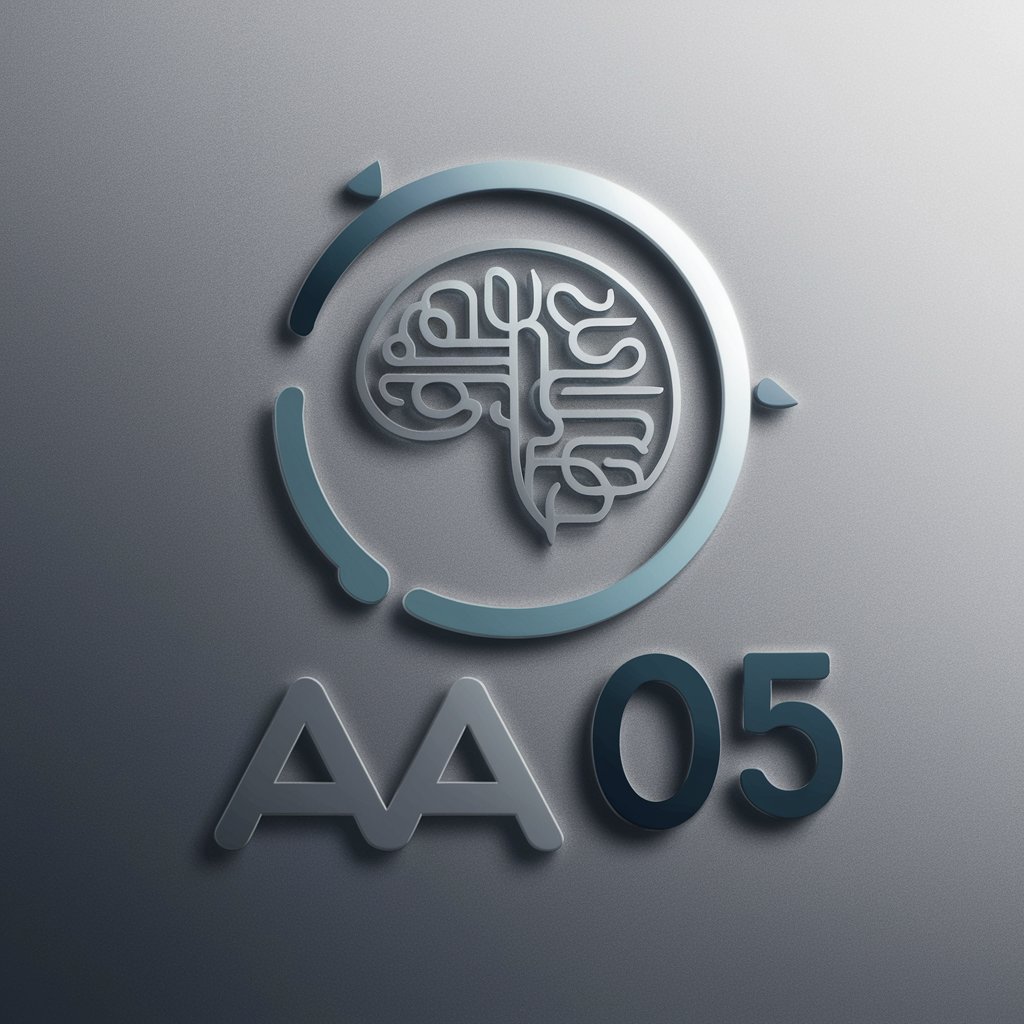
Data Maven
Unleash the power of data with AI-driven analytics

InfoProductor GPT
Empowering your story, enhancing engagement

WP Code Helper
Empowering WordPress with AI

Crayon Delight 🎨️
Unleash creativity with AI-powered crayon sketches!
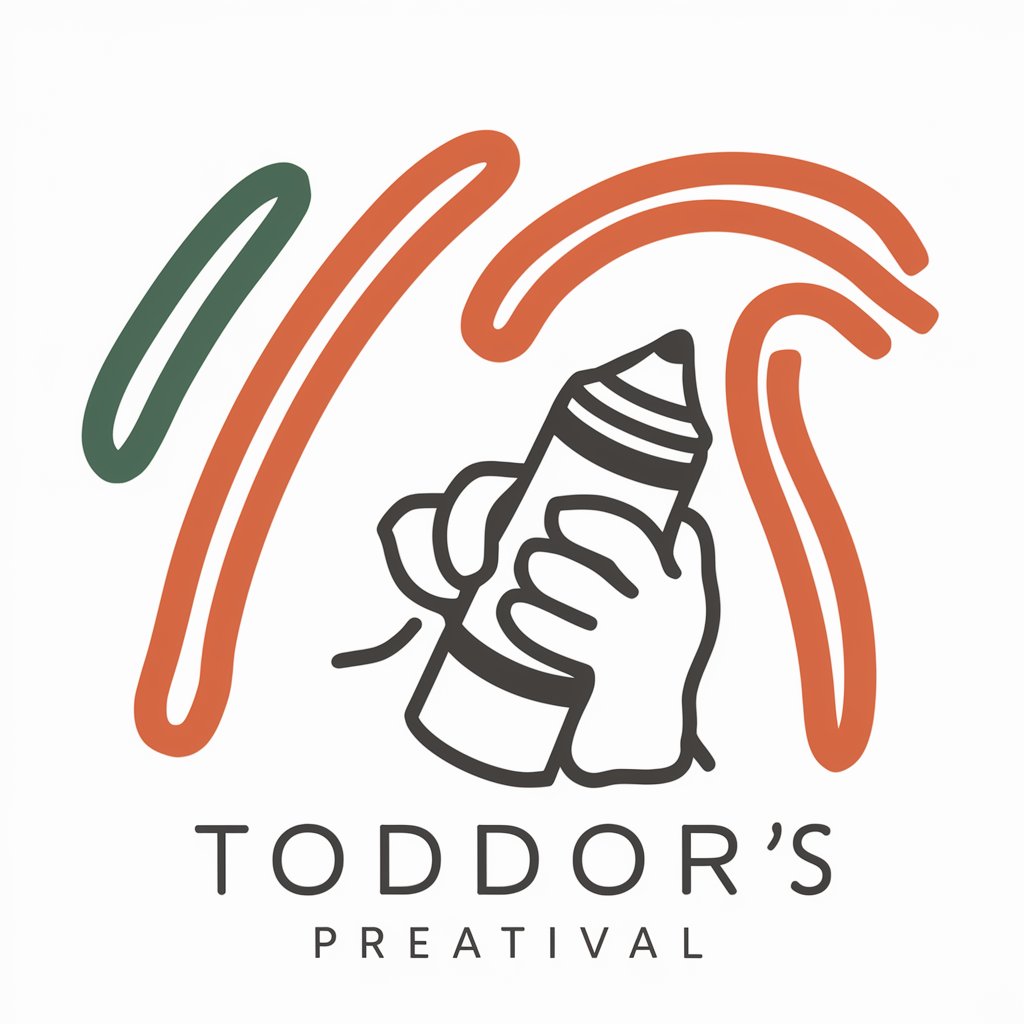
Quizlet Bot
AI-Powered Learning Companion for All
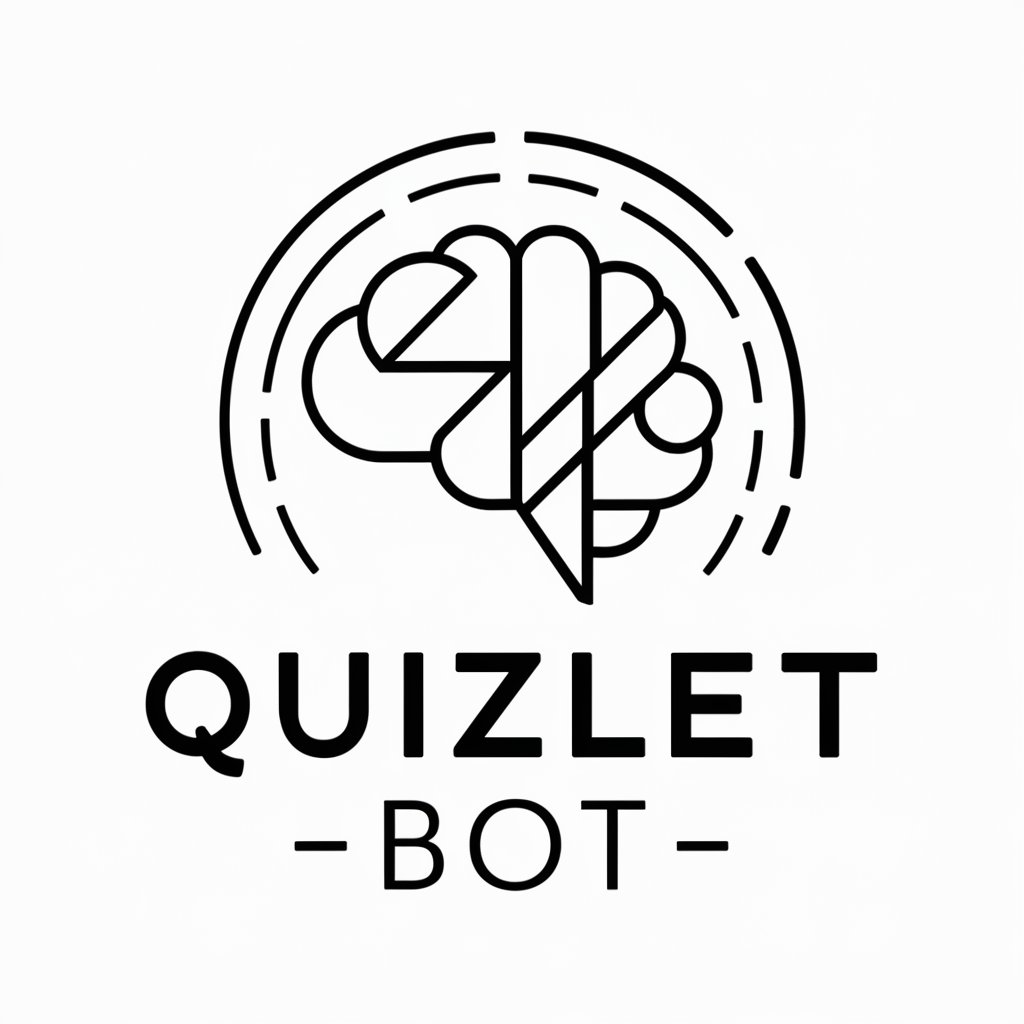
Detailed Q&A about Happiness Calculator GPT
What is the Cantril Ladder that Happiness Calculator GPT uses?
The Cantril Ladder is a tool used to measure subjective well-being. The Happiness Calculator GPT uses this scale to assign scores from 1 to 10 based on the analyzed text, with each score representing a specific emotional or well-being state.
Can Happiness Calculator GPT be used for professional mental health evaluation?
No, while Happiness Calculator GPT can provide insights into emotional states, it is not designed for professional mental health diagnosis or treatment. It's a tool for personal insight and should not replace professional mental health services.
How can educators benefit from using Happiness Calculator GPT?
Educators can use Happiness Calculator GPT to understand students' emotional states through reflective writing tasks. This can help in identifying students who might need additional emotional support or engagement.
Is the tool suitable for children to use?
The tool is generally aimed at teenagers and adults due to the interpretive nature of the responses. Children's texts might require a different approach and understanding that the tool is not specifically tailored for.
How can this tool aid in personal development?
By providing a Cantril Ladder score, the tool helps users reflect on their current emotional state and encourages proactive steps towards personal development or emotional well-being.
